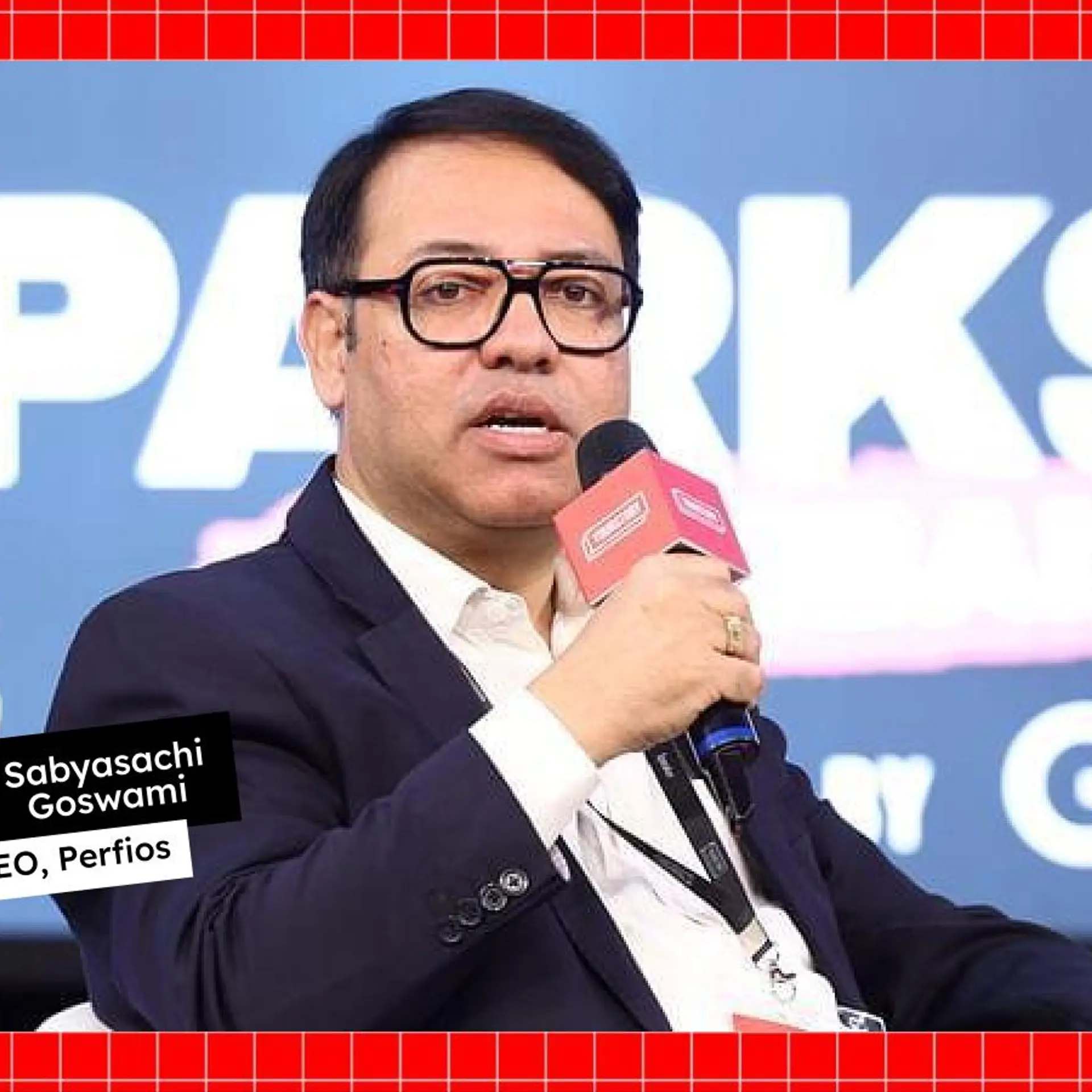upGrad’s Mayank Kumar on why outcome-led education models lead to sustainable profits
According to upGrad's Mayank Kumar, there is a very clear alignment between outcomes and people. While some individuals may pursue education for the sake of learning, the majority seek tangible outcomes from it.
Perceiving education as an outcome-led business is essential for building a long-term sustainable, highly profitable business, remarked Mayank Kumar, Co-founder and MD of , at the Mumbai edition of TechSparks 2024.
“Everything else can take a backseat, but outcomes have to take the front seat because once a consumer sees the outcome, they call more people. Education is one such business where referrals and word of mouth matter a lot,” Kumar noted, during a panel discussion with Ashwin Damera, Co-founder and Executive Director of , and Shradha Sharma, Founder and CEO of YourStory.
The upGrad co-founder explained, “When you are building it out, one of the front-and-centre keywords we use in a conversation is ‘outcomes’. If you deliver on outcomes, the learner will be happy and will bring in somebody else, [it’s a] vicious cycle.”
According to Kumar, there is a very clear alignment between outcomes and people. While some individuals may pursue education just for the sake of learning, the majority seek tangible outcomes from it.
“Education is sometimes seen as a mutual fund product, [where] you [invest] Rs 100 and [expect] Rs 150 back,” Kumar said, explaining how people typically perceive education. He added that most learners invest in education expecting a higher salary or a better job in return.
While some treat education as an investment, others see it as insurance—something to fall back on when things go awry.

Given the rapid changes in the job landscape, continuous learning and adaptability have become imperative, with upskilling and reskilling emerging as essential requirements.
Edtech companies such as Eruditus and upGrad meet this demand by offering degree and certification programmes in partnerships with top educational institutions.
Damera remarked that Eruditus collaborates with “very high-quality providers”, while also striving to make the programmes more cutting-edge and aligned with the skill areas relevant today.
“Education is essential [for us to reach] our full potential. So, being in a space where you are building a business [while also] having an impact on society is one of the most fulfilling things that I have enjoyed in this entrepreneurial journey,” said Damera of Eruditus, which is in its 14th year of business.
Speaking about the edtech sector, which is going through a turbulent phase amid the BYJU’S saga, Damera noted, “Three to four years ago, if you were a traditional education business but called yourself an edtech, the valuation would have increased. Today, if you are a traditional education business and call yourself [an] edtech, your valuation will decrease."
Earlier, during a fireside chat at the Mumbai edition of TechSparks 2024, chief Gaurav Munjal had said that he’s extremely bullish on the edtech sector because it holds vast profit potential and can positively impact lives.
Edited by Kanishk Singh








